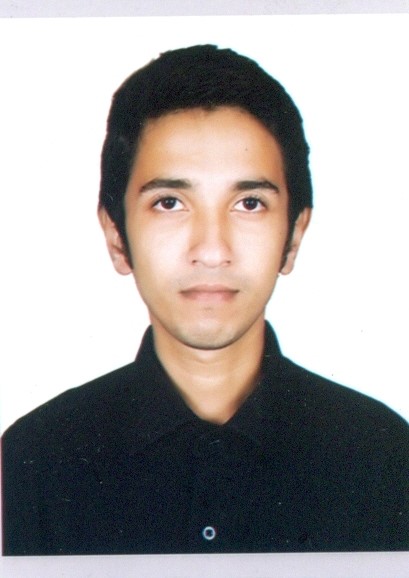Govt plans to allot char land to 6000 ultra-poor

In a bid to provide permanent residence and improve living standard of the ultra-poor people, the government has planned to allot land to 6000 landless people in the country’s coastal char area. The Ministry of Land has taken a project named ‘Char Development and Settlement Project’ to provide accommodations to 6000 landless people at Suborno Char and Companiganj of Noakhali district and Sandip in Chattogram district.
The project estimates Tk 15 crore which will come from the International Fund for Agricultural Development (IFAD), the Netherlands, and the government exchequer. It will be implemented by 2022. The IFAD has already conducted feasibility study of the project. The project aims to ensure safe rehabilitation of these people and develop their live hood.
A senior official of the Planning Commission told Bangladesh Post that the project proposal has been sent to the project evaluation committee (PEC) of the commission. After evaluation of the committee, it will be sent to the executive committee of the national economic council (ECNEC) for the approval.
Bangladesh starts char development and settlement works to rehabilitate landless people with the financial and technical cooperation of Netherlands government since 1980. The government has taken Char Development and Settlement Project in four phases between 1994 to 2018 to give khas land to the landless people in southern region especially Noakhali district, according to the project proposal.
About 45,000 acres of land has been raised from the sea. The land ministry developed the land and rehabilitated there 35,000 people who were victim of river erosion across the country in last 25 years. Those landless people were given land for constructing their houses and cultivation to improve their living standard.
Though Bangladesh has graduated to lower middle-income status, more than 24 percent of the population or some 40 million people live below the poverty line. With two thirds of its territory less than five metres above sea level, Bangladesh is particularly vulnerable to climate change.



